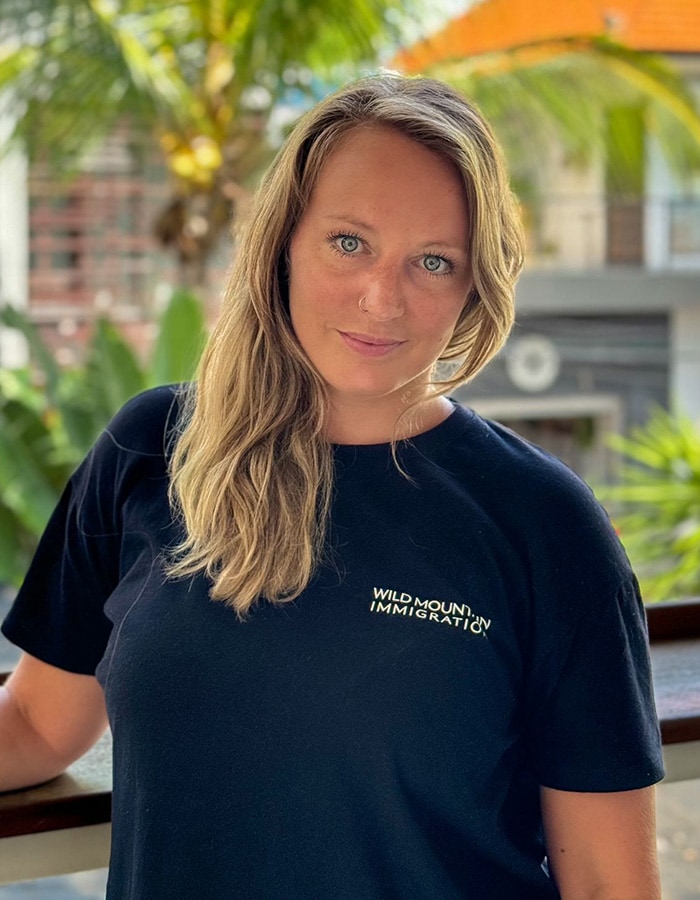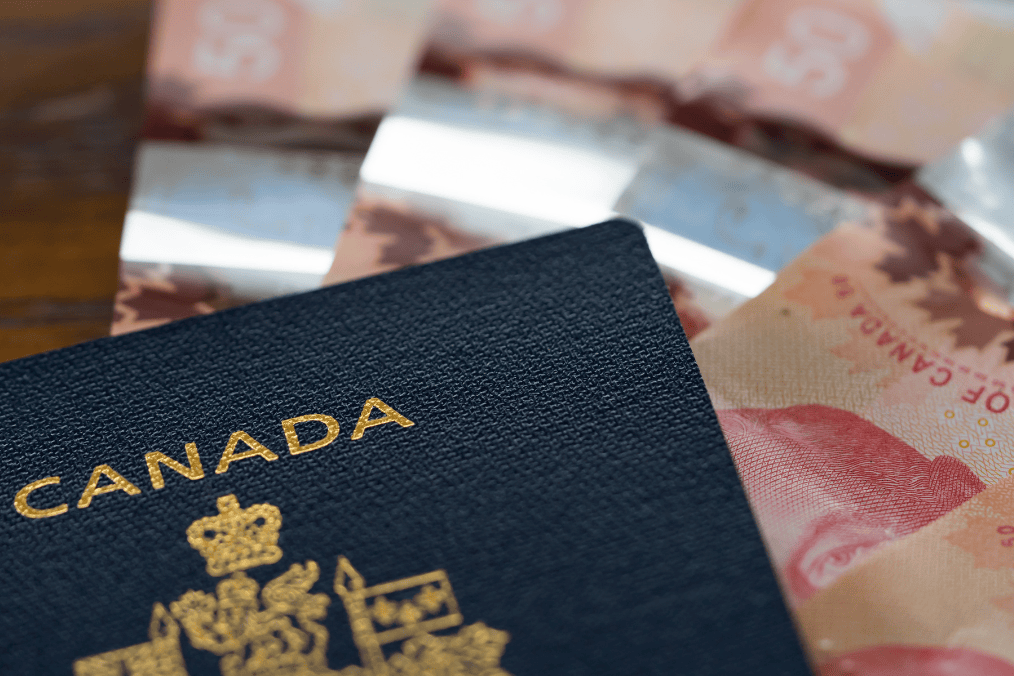Immigration, Refugees and Citizenship Canada (IRCC) has unveiled new eligibility criteria for the Post-Graduation Work Permit (PGWP), effective November 1, 2024. The revised guidelines introduce field of study requirements for specific programs, adding to the existing language criteria for international graduates. While bachelor’s, master’s, and PhD graduates remain exempt from these additional requirements, students from other educational programs will need to meet both language and field of study conditions to qualify for a PGWP.
Updated PGWP Guidelines: What's New?
The significant change in the updated PGWP eligibility revolves around aligning post-graduation work opportunities with Canada’s evolving labor market demands. This shift is part of Canada’s broader strategy to fill gaps in high-demand sectors, leveraging international talent to support economic growth.
The new rules primarily affect international students graduating from programs other than bachelor’s, master’s, or PhD levels. These students must now satisfy specific field of study requirements, in addition to meeting language proficiency benchmarks.
Key Fields of Study for PGWP Eligibility in 2024
Starting in November 2024, PGWP eligibility will be closely linked to Canada’s labor market needs. The IRCC has aligned its eligible fields of study with industries experiencing workforce shortages, particularly those highlighted in the occupation-based Express Entry categories introduced in 2023. Below are the primary fields of study that will qualify for a PGWP:
- Agriculture and Agri-food
- Healthcare
- Science, Technology, Engineering, and Mathematics (STEM)
- Trades
- Transport
IRCC has adopted the Classification of Instructional Programs (CIP) system to classify eligible fields of study, which mirrors the National Occupational Classification (NOC) system used for occupations. This ensures that programs meeting Canada’s workforce demands are prioritized for work permit eligibility.
Here’s a breakdown of examples within these fields:
| Field of Study | CIP Code | Example Programs |
|---|---|---|
| Agriculture and Agri-food | 01.0101 | Agricultural Business Management |
| Healthcare | 13.1001 | Special Education Teaching |
| STEM | 14.0701 | Chemical Engineering |
| Trades | 46.0302 | Electrician |
| Transport | 49.0105 | Air Traffic Controller |
To find out if your specific program qualifies under the new PGWP guidelines, you can refer to the official IRCC list or use the CIP system to verify program eligibility.

Canadian Immigration Consultant
Let our expert team guide you through the complexities of immigrating to Canada. We provide personalized, step-by-step support to ensure a smooth and stress-free process.
Determining Your CIP Code
International graduates can identify the CIP code for their program by using Statistics Canada’s 2021 CIP database. This tool allows students to search by program title or category to confirm whether their educational program falls within an eligible field. The IRCC encourages students to verify their CIP code early to ensure they meet the new PGWP requirements.
Language Proficiency Requirements for PGWP
Alongside the updated field of study criteria, IRCC continues to enforce language proficiency requirements for PGWP applicants. These benchmarks vary based on the level of education completed, with higher education levels generally requiring higher language proficiency. Both English and French language proficiency are recognized, with scores measured according to the Canadian Language Benchmark (CLB) for English and the Niveaux de compétence linguistique canadiens (NCLC) for French.
Below is a summary of the updated language requirements for PGWP eligibility:
| Level of Study | Language Requirement | Field of Study Requirement |
|---|---|---|
| Bachelor’s, Master’s, PhD | CLB 7 (English) / NCLC 7 (French) | All fields eligible |
| Other University Programs | CLB 7 / NCLC 7 | Must meet field of study requirement |
| College Programs | CLB 5 / NCLC 5 | Must meet field of study requirement |
Students who apply for a PGWP before November 1, 2024, are exempt from these new field of study requirements but must still fulfill the relevant language criteria based on their level of education.
Impact of the New PGWP Guidelines on International Students
For international students aiming to secure a PGWP after completing their studies in Canada, these new guidelines present both challenges and opportunities. Those pursuing programs in high-demand fields such as healthcare, STEM, and trades will find it easier to qualify for a PGWP, provided they meet the language requirements. However, students in other fields will need to be more strategic when choosing their educational programs to ensure they align with the new eligibility criteria.
Additionally, prospective students planning to apply for study permits in Canada should consider these changes when selecting their programs. Opting for a program in a PGWP-eligible field will increase their chances of obtaining work permits and securing employment in Canada post-graduation.
How to Prepare for PGWP Eligibility in 2024
To navigate the upcoming changes to the PGWP program, international students should take the following steps:
- Verify Program Eligibility: Use the CIP database to determine if your field of study is eligible for a PGWP.
- Meet Language Requirements: Prepare for language proficiency tests in English or French, ensuring you meet the required CLB or NCLC levels.
- Stay Informed: Regularly check the IRCC website for updates and detailed information about the new eligibility criteria.
The revised PGWP eligibility guidelines set by IRCC for 2024 reflect Canada’s commitment to aligning immigration policies with labor market needs. International students planning to study in Canada should familiarize themselves with these new rules to maximize their chances of qualifying for a PGWP and pursuing a successful career in Canada. As the deadline approaches, staying informed and proactive is key to adapting to the evolving landscape of Canadian immigration and work opportunities.
How We Can Help
At Wild Mountain Immigration, we specialize in guiding employers through the evolving LMIA regulations. Our team of experienced immigration consultants can help you navigate the complexities of the Temporary Foreign Worker Program, find alternative solutions under the International Mobility Program, and assist with permanent residency applications for your employees.
Contact us today for personalized advice and support to ensure your business stays compliant with the new LMIA rules while retaining top foreign talent.
PGWP 2024 FAQs
Starting November 1, 2024, Immigration, Refugees and Citizenship Canada (IRCC) has updated the Post-Graduation Work Permit (PGWP) eligibility criteria. The key change is the introduction of field of study requirements for programs outside of bachelor’s, master’s, and PhD levels. Only graduates from specific fields aligned with Canada’s labor market needs, such as agriculture, healthcare, STEM, trades, and transport, will be eligible for a PGWP. Additionally, graduates must meet specific language proficiency requirements, which vary based on their education level.
Yes, the work visa policies, particularly for the PGWP, have been updated in 2024. The new rules focus on aligning the eligibility of international graduates with the needs of Canada’s labor market. Certain fields of study will now be prioritized, and graduates must meet language proficiency benchmarks to qualify. These changes reflect Canada’s goal of addressing labor shortages in high-demand sectors.
In 2024, Canada’s new immigration policies, particularly those concerning the PGWP, are designed to better match international graduates with in-demand jobs in the country. IRCC has introduced new eligibility rules based on the field of study, where only graduates from select programs aligned with Canada’s labor needs will be eligible for a PGWP. These changes are part of Canada’s broader immigration strategy to attract skilled workers to support the country’s economic growth.
The major changes introduced by IRCC in 2024 include updated PGWP eligibility guidelines. These changes emphasize the need for graduates to come from specific fields of study, such as healthcare, STEM, and trades, to address labor market demands. Additionally, language proficiency requirements have been updated, and applicants must meet these criteria based on their level of education. The new rules aim to streamline immigration processes and align talent with economic needs.
No, Canada is not cancelling the PGWP. However, the eligibility criteria for the PGWP are being revised, effective November 1, 2024. While PGWPs remain available to international graduates, the new rules require certain students to meet field of study and language proficiency requirements. These changes aim to ensure that PGWPs support graduates who can fill jobs in high-demand sectors in Canada.
In 2024, Canada continues to experience demand for jobs in sectors such as healthcare, agriculture, science, technology, engineering, and mathematics (STEM), trades, and transport. These industries are key areas where Canada seeks to attract international talent to address labor shortages. Programs in these fields are now prioritized under the updated PGWP rules, reflecting the need for skilled workers in these high-demand occupations.
Julce
Julce is an expert content writer specializing in topics about Canada, adept at blending practical advice with engaging stories that capture Canadian life.
Canadian immigration
Learn about moving to Canada, the Express Entry immigration process, working in Canada, studying in Canada, and more.
January 12, 2025
Trudeau Steps Down – What’s in Store for Canada’s Immigration Policies?
Prime Minister Justin Trudeau has announced his resignation as the leader of the Liberal Party and…
October 9, 2024
Express Entry Draw 317: 500 CEC Candidates Invited (October 9, 2024)
On October 9, 2024, Immigration, Refugees and Citizenship Canada (IRCC) conducted Express Entry…
October 7, 2024
Canada’s New PNP Draw: 1,613 Invitations
In the most recent PNP draw, Canada has issued 1,613 Invitations to Apply (ITAs) to candidates…
Start Your Canadian Immigration Journey
Our experts make the process clear, stress-free, and successful, so you can move forward with confidence and focus on what matters most.

Get Started Today
"*" indicates required fields



